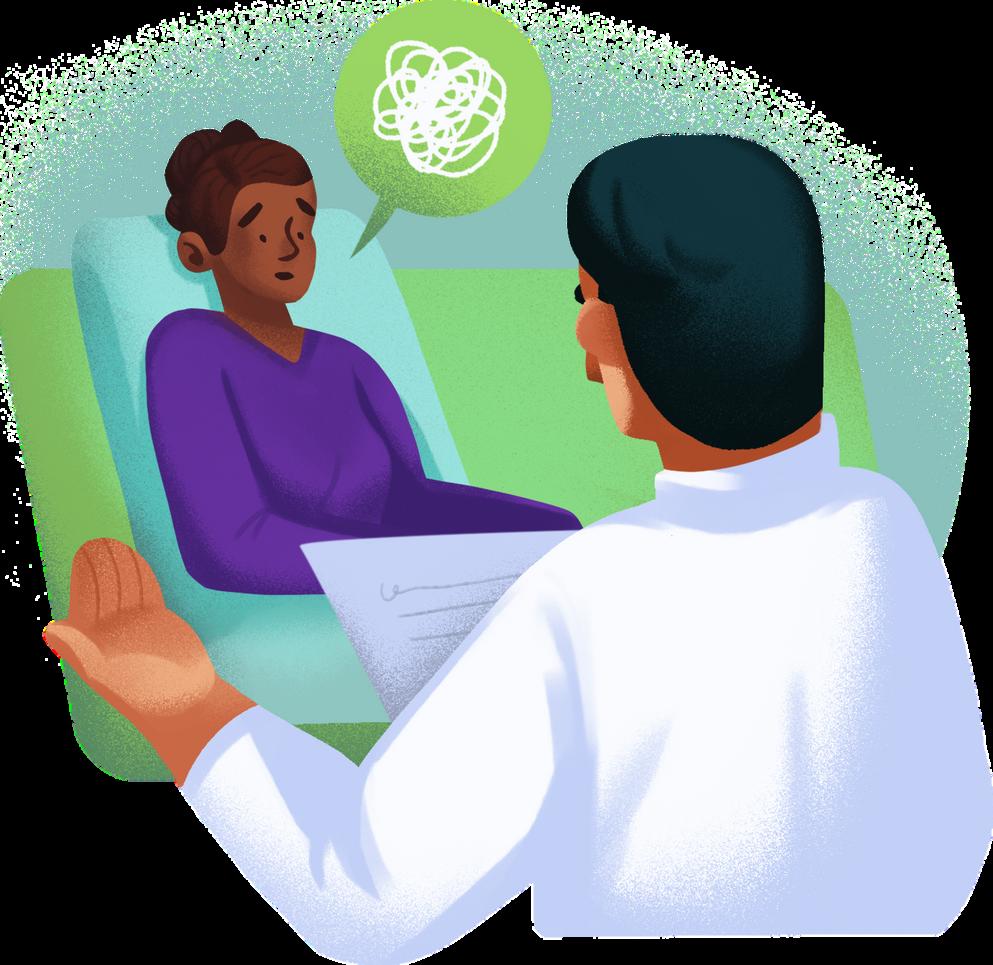




Summer is the time of the year when people tend to get more concerned about their health and wellbeing. It is also a season that has its own set of challenges, especially for those living in Pune. The city experiences extreme heat during this period, which can be tough on your heart if you don’t take proper care of yourself. In this article, Dr. Ranjit Jagtap News, has shared her thoughts on how you can protect your heart from the hazards of summer heat through simple lifestyle changes and other measures that will help keep it healthy throughout the season.

It’simportanttostayhydratedinthesummer. Drinkingenoughwatercanhelpyoustayhealthyand avoiddehydration,whichiswhenyourbodyloses morefluidsthanittakesin.Dehydrationcancause headaches,musclecrampsandfatigue—andeven makeyoufeeldizzyorfaint.
Sohowmuchshouldyoudrink?Thegeneralruleof thumbisthatwomenneedabout9cups(2liters)of fluideachday;menneedabout13cups(3liters).Ifyou exerciseregularlyorliveinahotclimatewhere humiditylevelsarehigh,thesenumbersmaybehigher thanusual—andifthey’renotalreadyhighenoughfor yourlikingthentryaddingsomeicecubesintoyour waterbottle!

o be uld get a me tips to help

nscreen! You
ng outside rays still reach
If possible, use ct against both nsible for most orget any spots es ears and tops many people on because ectly toward d be when unglasses etc..
As you know, overexertion can be dangerous. It’s important to pace yourself and avoid overexertion in hot weather. If you’re exercising outside, take frequent breaks and drink plenty of water. If possible, try to exercise indoors where it is cooler and more comfortable — and make sure that your workouts are well-paced so that they don’t cause undue stress on the body or heart.
If at any point during exercise (or even during everyday activities) you feel lightheaded or dizzy, stop immediately! This could mean that there has been too much strain put on your circulatory system by excessive heat exposure or dehydration; either way it’s important not to push through these symptoms as they may indicate a potentially serious condition called exertional heat stroke (EHS).

Aditi Jagtap Pune says The summer heat can be draining and exhausting, but it’s important to stay active. Exercise can help you maintain your health and keep your heart healthy. However, if you overdo it during hot weather, there are many risks associated with overexertion.

This is a life-threatening condition that occurs when the body becomes overheated and cannot cool down properly. Symptoms include confusion or unconsciousness; rapid pulse rate (over 100 beats per minute); high blood pressure; nausea; vomiting; dizziness or lightheadedness; muscle cramps; heavy sweating without an increase in body temperature (or even with a drop in body temperature). If someone has these symptoms after exercise or being outside on a hot day — especially if they’re also experiencing any other signs of heat exhaustion — call 911 immediately!

Dr. Ranjit Jagtap clinic says Physical activity increases blood flow throughout the body which helps improve circulation but also puts extra strain on the heart muscle itself which may lead to heart attack if overexertion is excessive and prolonged.

